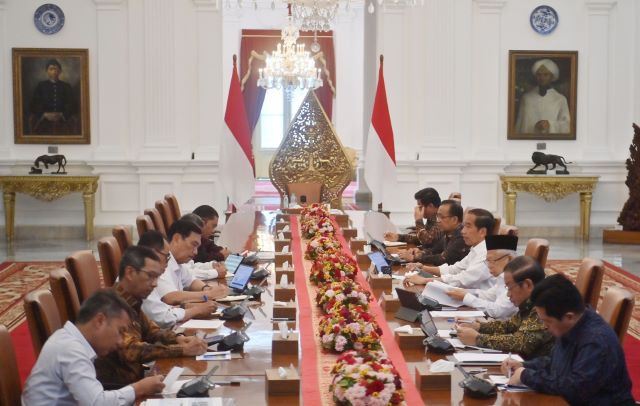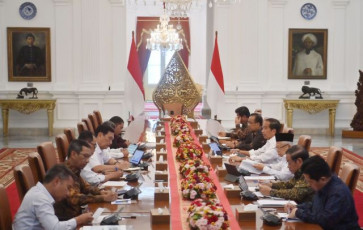Popular Reads
Top Results
Can't find what you're looking for?
View all search resultsPopular Reads
Top Results
Can't find what you're looking for?
View all search resultsData science for Indonesia's transformative public policy
Data science and AI can be applied to economic policies to support small and medium-sized enterprises (SMEs), thus fostering economic growth and reducing inequality.
Change text size
Gift Premium Articles
to Anyone
T
he National Administrative Institute (LAN) has embarked on an initiative to measure the index of the quality of public policies across all levels of government, from central to local authorities. This initiative is set to run from July to October, signifying a pivotal step toward enhancing the country's governance, recognizing some key indicators that underscore the critical role of public policies.
Public policies serve as tools to address societal challenges that individuals alone cannot solve. They also have transformative potential and act as leverage instruments to help communities succeed in a competitive global landscape.
Public policies are essential instruments for addressing challenges that are beyond the capacity of individuals or private entities. In a country as diverse as Indonesia, with its vast population and complex societal issues, effective problem-solving tools are indispensable. The application of data science and artificial intelligence (AI) can empower policymakers to identify, assess and tackle these challenges with precision and efficiency.
Data-driven decision-making enables a thorough understanding of the issues at hand. By analyzing vast datasets, governments can pinpoint the root causes of problems and design tailored solutions. For instance, data analytics can assist in healthcare policymaking by tracking disease trends, optimizing resource allocation and improving public health outcomes. Similarly, data science and AI can be applied to economic policies to support small and medium-sized enterprises (SMEs), thus fostering economic growth and reducing inequality.
A defining characteristic of robust public policies is their capacity for transformation. Policies should not merely maintain the status quo; they should aspire to elevate society to a better state. Data science and AI equip policymakers with the tools to monitor the outcomes of their initiatives in real time and to adjust them when necessary. This dynamic approach can ensure that policies are responsive and adaptable, always striving for better results.
For instance, education policies can harness data science and AI to track student performance, identify areas of improvement and refine curricula to meet evolving needs. Environmental policies can be continuously adjusted to address changing climate conditions and promote sustainable practices. The ability to adapt and evolve ensures that public policies remain aligned with the ever-changing needs of the Indonesian population.
In a globalized world, nations are constantly competing in various aspects, from economic prowess to technological advancement. Public policies can serve as instruments of leverage, enabling a nation to excel on the international stage. Data science and AI are pivotal in creating policies that enhance Indonesia's competitiveness.



















